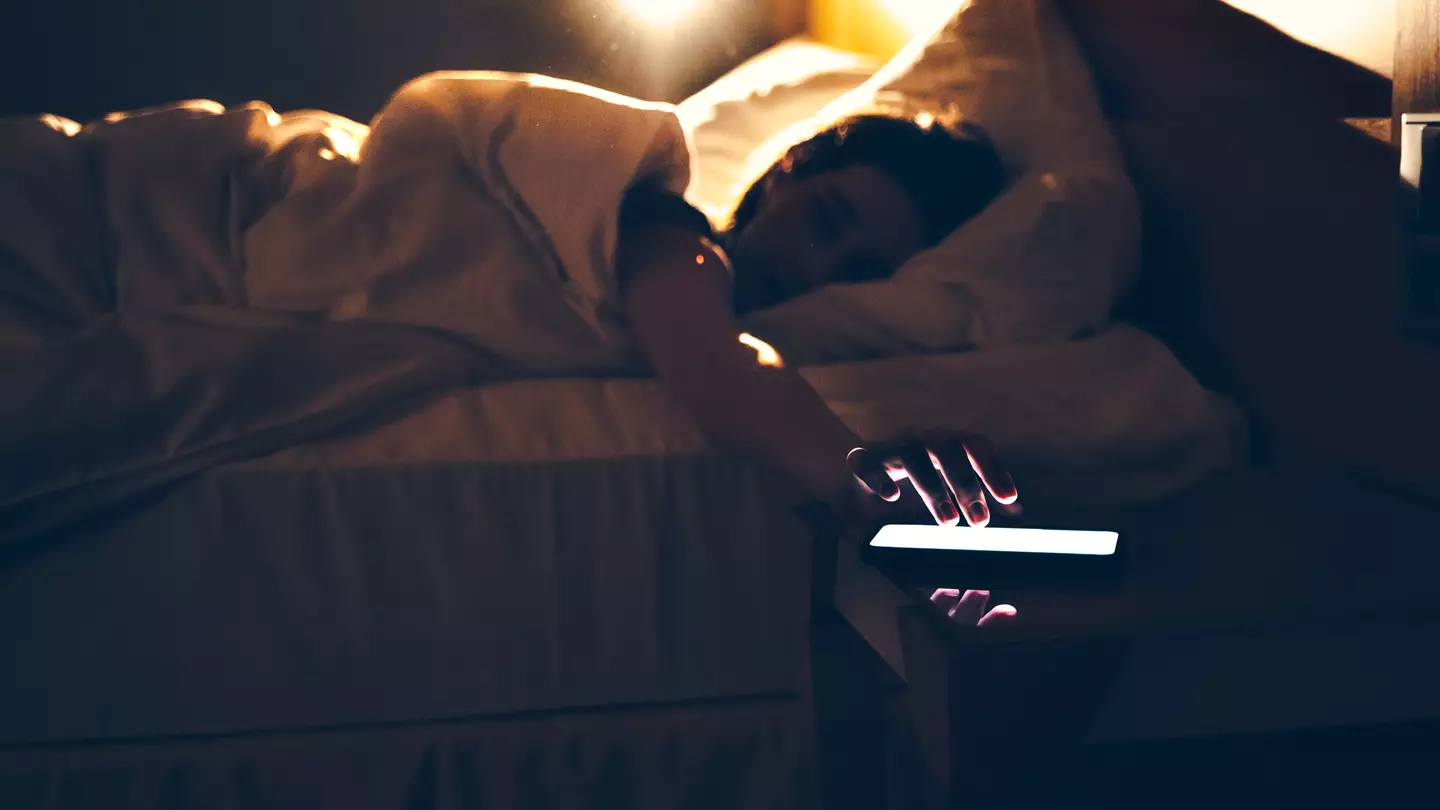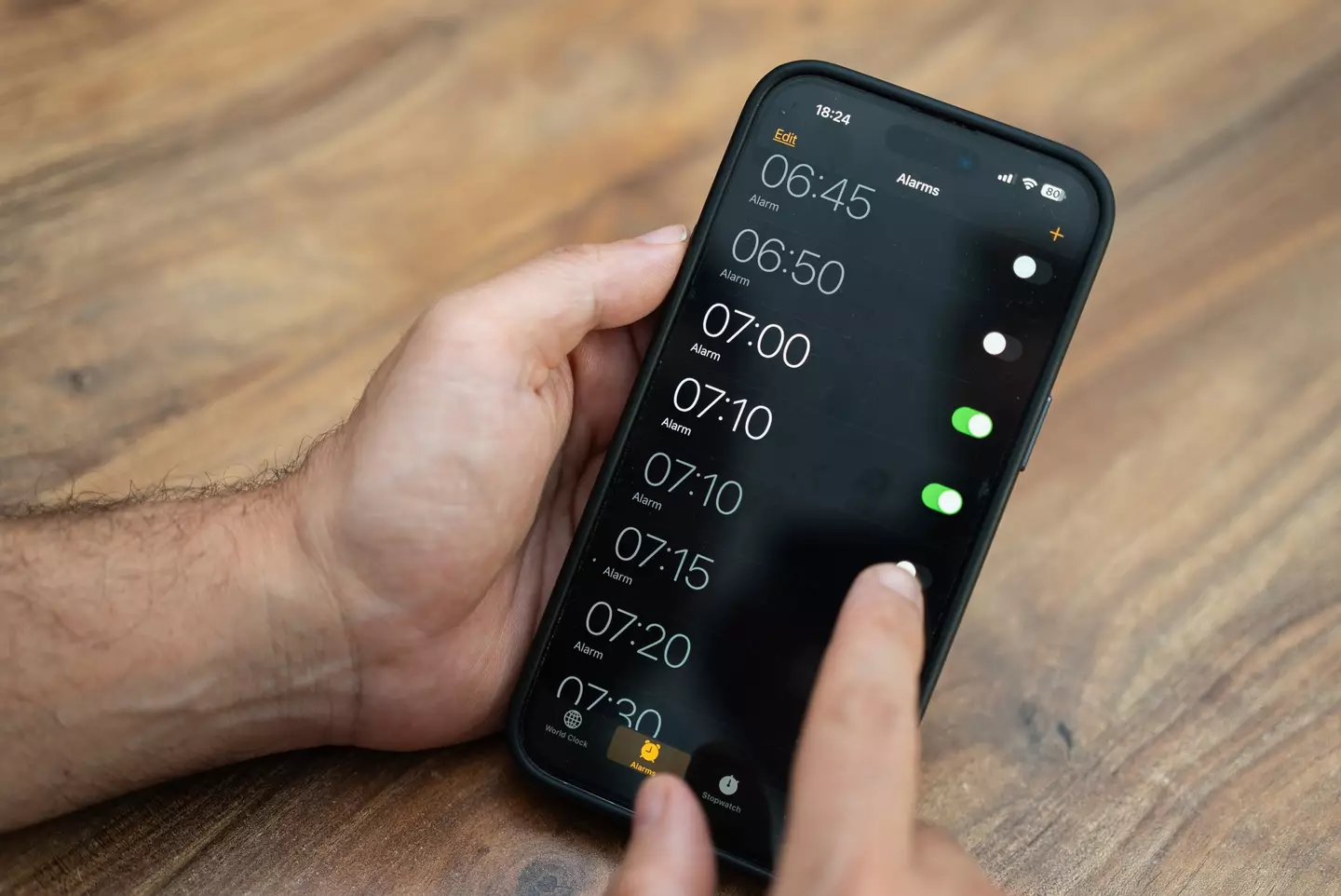
Whether you always worry that your first alarm won’t wake you up, especially if you’ve got an early morning flight or train to catch, or tend to hit snooze a few times, many of us set multiple alarms to go off each morning.
However, you might want to reconsider doing so after a nurse went viral on TikTok after warning her followers about the negative effects this could have.
In her video, Nurse Jordan Bruss outlined that setting more than one alarm can disrupt your REM (rapid eye movement) sleep cycle. And when you think about it, it’s maybe not too surprising.
Essentially, the REM stage of your nightly slumber is when you experience rapid movements of the eyes – hence the name – alongside changes in body temperature, increased heart rate and fast and irregular breathing, according to Medical News Today. And this tends to take place within around 90 minutes of you dozing off, before cycling around every 90 minutes that you’re asleep.
Advert

So, every time that an alarm goes off, even if you still feel a bit drowsy or immediately press the snooze button, this triggers a ‘fight or flight’ response in us, which can actually cause a surge in adrenaline.
Having this happen several times each morning can be stressful on our bodies and minds and in turn have long-term consequences, with Bruss revealing that it can cause everything from depression and long-term stress to cardiovascular issues and weight gain.
And Nurse Bruss isn’t the only person to give this warning.
As someone who used to set two to three alarms themselves when they suffered from insomnia, sleep coach Beatrix Schmidt worries about sleep fragmentation.
According to Schmidt: “Having this fragmentation at the end can really affect how energized you feel in the morning.”
Instead, “when that alarm goes off in the morning, get up!” Bruss proposes.
.jpg)
If this is something you struggle with, she advises that instead of having your phone on your nightstand or even under your pillow, you move it somewhere else in the room before you go to sleep. That means you physically need to get up to turn it off when the alarm sounds.
Alternatively, you can create a morning routine that makes you want to get out of bed and forces you to move to the living room or another room in your home. It can be something as simple as setting aside time to read or listen to music or a podcast.
Which leads Schmidt to ask: “Why don’t you intentionally do something that actually brings some joy into your morning routine?”
Either way, both experts want to remind us that you shouldn’t expect to be fully alert the minute that you wake up. “Remember, waking up is a transition, not a switch!” she concludes.
Topics: Sleep